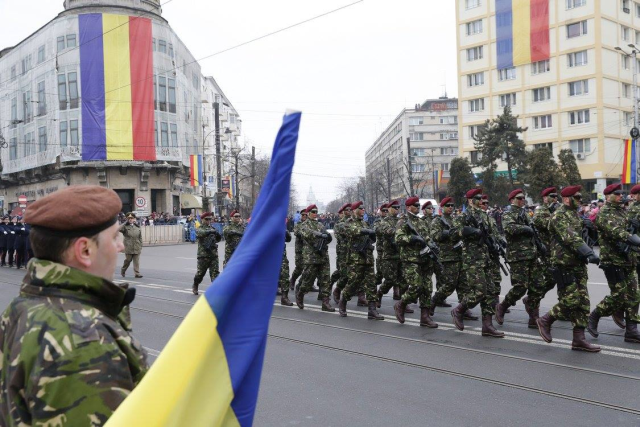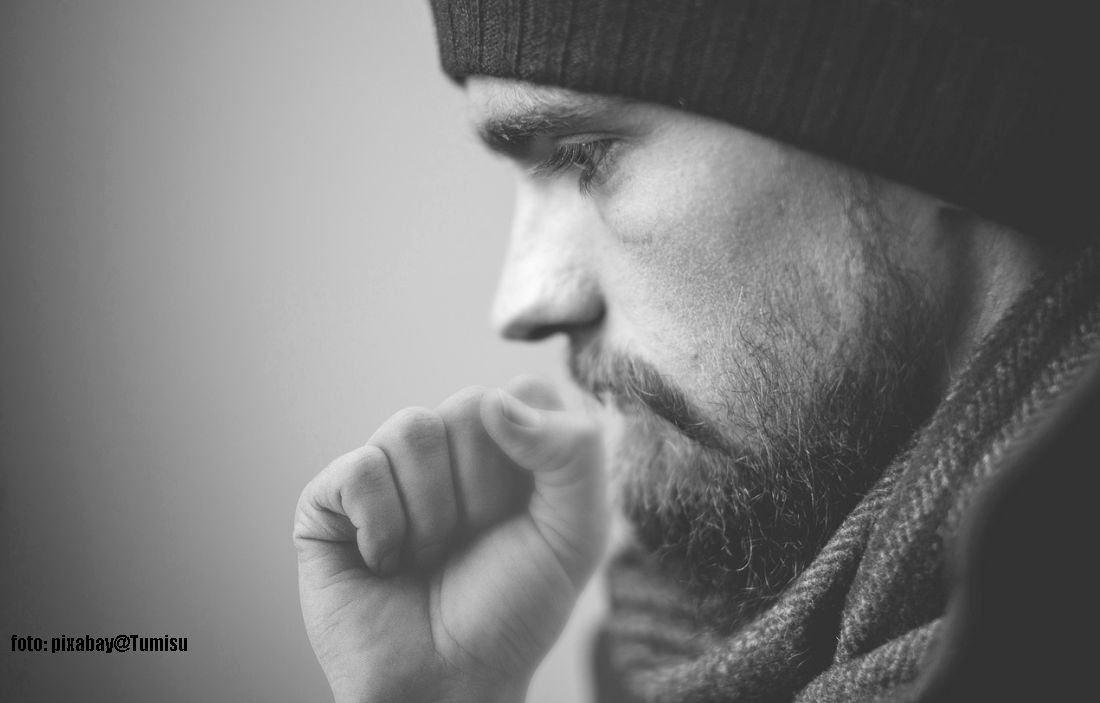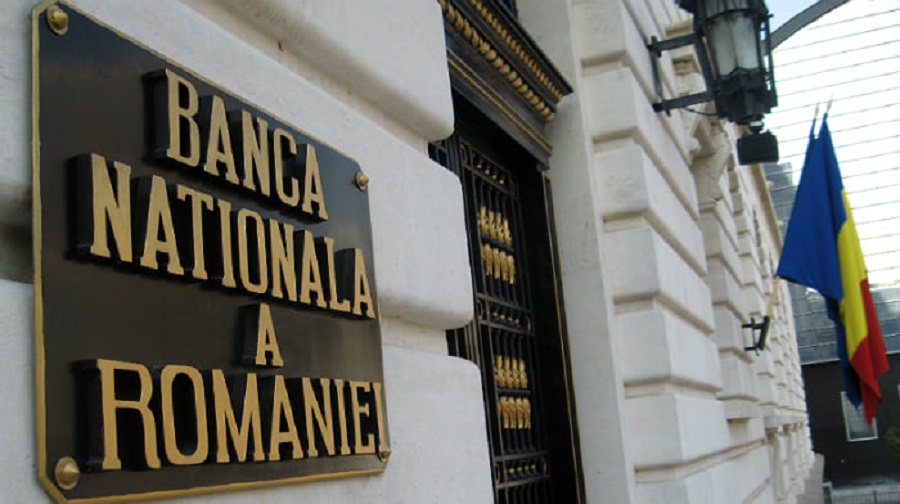The celebration of the Union of the Romanian Principalities
Despite the cold weather and the heated political context, on Tuesday Romanians celebrated their first national holiday this year.

Bogdan Matei, 25.01.2017, 13:35
On Tuesday, 158 years since the Union of the Romanian Principalities were celebrated by means of a lot of events held at home and abroad. On January 24th 1859, Alexandru Ioan Cuza, who had been elected ruler of Moldavia a week before, was unanimously voted by the Elective Assembly in Bucharest as sovereign of Wallachia and was proclaimed ruler of the United Principalities. The union of the two Romanian states was thus achieved de facto. Three years later, on January 24th 1862, the Union compelled international recognition and the state was named Romania. Alexandru Ioan Cuza’s rule (1859-1866) laid the institutional foundation of modern Romania through the sweeping reforms he fostered.
In 1918, the formation of the nation state was completed through the union of the Kingdom of Romania with the historical provinces with a predominantly Romanian-speaking population, which until then had been under the occupation of the neighboring multinational empires.
This year the north-eastern city of Iasi, the old capital of Moldavia, played host to the most important celebrations. Thousands of people attended an open-air traditional music show and a short religious service prior to the officials’ speeches. On behalf of the government, Social-democrat Minister of Culture, Ionut Vulpescu said that the Union of the Romanian Principalities was an example of solidarity and consensus, which should be followed by politicians today too:
“We have a choice: we can further give speeches urging to division and suicidal lack of education or we can make a radical change in the way we all see the future, our relationships, the need for solidarity and projects.”
On behalf of the opposition, Liberal Deputy President of the Senate Iuliana Scantei said:
“The Union of the Romanian Principalities of January 24th 1859 was the most courageous act of Romanian modern statehood and of the political elites in Moldavia and Wallachia. Even today, nearly 160 years on, the courage and vision of certain people is surprising but strong.”
In the western city of Arad, hundreds of people danced a gigantic circle folk dance. Their thoughts also focused on Bessarabia, the Romanian historical province which was annexed by the USSR in 1940 and whose territory currently belongs to the Republic of Moldova:
“When those who don’t love us, look threateningly to Moldova, we must lend the appropriate value to this event.”
“In the future, I whole-heartedly wish Bessarabia would be united with Romania too, because for many years, we’ve waited for that to happen. Let’s be happy that God gave us a country, a nation, a language and may God bless Romania.”
On behalf of the pro-Western government of the Republic of Moldova, Minister of Culture, Monica Babuc conveyed a message saying that the common language, tradition and national culture has contributed to the fulfillment of our great dreams. (Translated by A.M. Palcu)






























